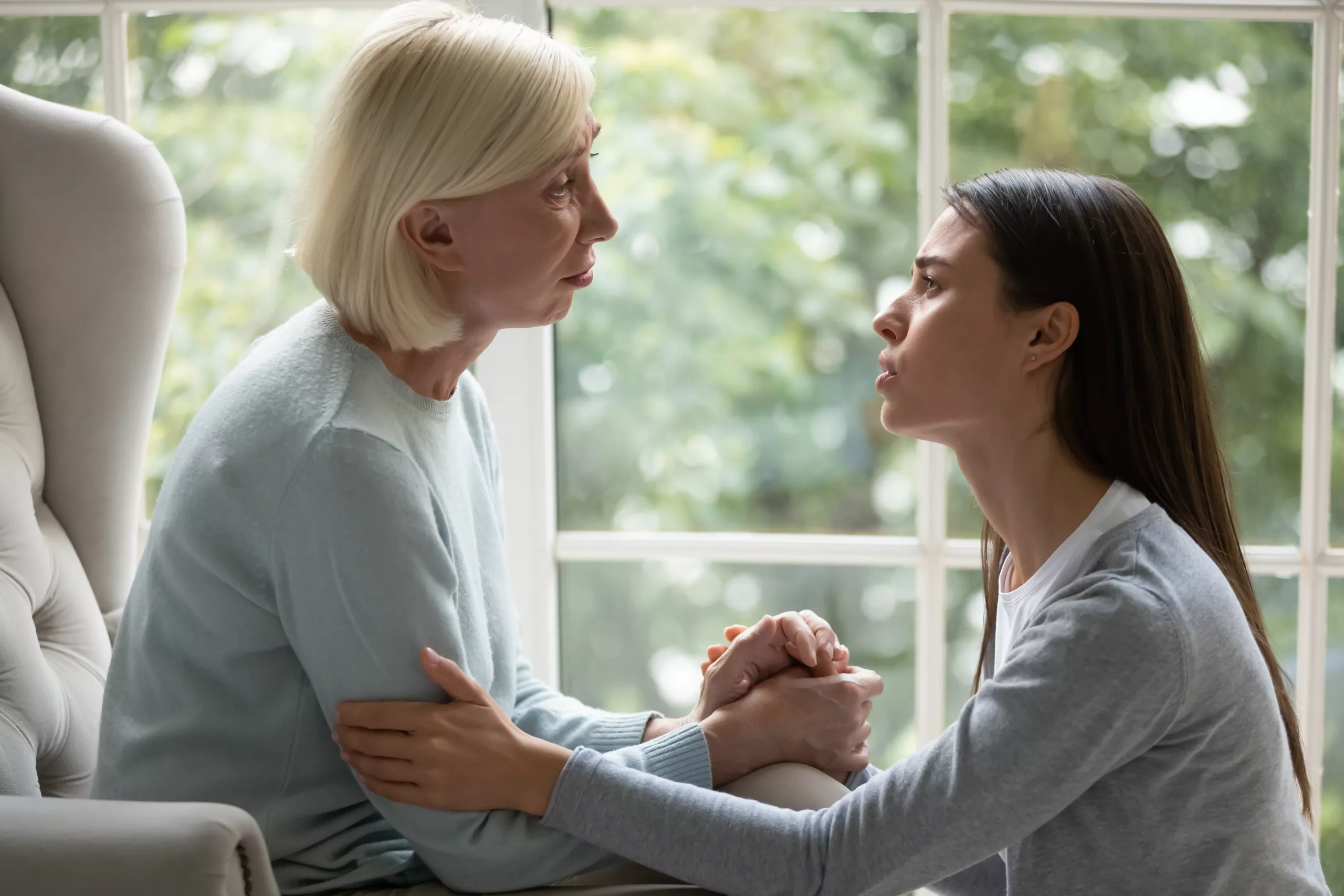As several states begin to loosen restrictions, many others are still under stay-at-home orders, closed stores and restaurants, and strict social distancing. Changing and conflicting news coming to us daily along with the strong recommendations and, in some places, requirements to wear masks and stay six feet apart is enough to make most people a little nervous and on edge.
Even the phrase “social distancing” sounds daunting, doesn’t it? “Stay away from people” is not how we are wired and doesn’t feel natural. We are social beings and being around other people is essential to the best emotional and physical well-being.
People feeling isolated, lonely, bored, and confused can quickly spiral to anxiety, depression, and even thoughts of suicide especially for those who may be prone to these conditions. Do you or your loved ones struggle with anxiety, depression, and/or substance abuse? They are the ones most vulnerable right now to experience significant feelings of isolation and potentially self-destructive behaviors in an attempt to cope during a time when routines, support, and normalcy are completely disrupted.
Depression and COVID 19
All of us, to some degree, feel sad and unsettled every now and then. COVID-19 and social distancing, media and news coverage, constant bad news and what-ifs can make even the most healthy people feel sand or unlike themselves. For people who have clinical depression, the sadness they experience is constant and they often feel hopeless to change it.
There are some other symptoms that go along with depression, including changes in eating or sleeping, feeling tired all the time, crying spells, low motivation and sometimes suicidal thoughts.
The fear and isolation felt during the pandemic, stay-at-home orders, and social distancing is especially dangerous to someone who already struggles with depression. They may have trouble focusing on anything other than the uncertainty and bad news. Without any support, often this turns into a spiral of negativity and an unhealthy view of the pandemic situation as a whole. Depression makes it difficult for the person to change their thinking on their own.
Look out for signs that depression is getting worse and for signs of suicidal ideation.
- Expressing hopelessness and/or extreme loneliness
- Seeming paralyzed by fear of COVID-19, unable or unwilling to take care of regular daily tasks
- Neglecting their health and hygiene
- Comments about suicide, not wanting to live, etc. should always be taken seriously
How to Cope
Here are 4 tips for helping your loved ones cope with depression during COVID-19
- Self Care
Encourage them to stay in a routine. Wake up around the same time every day, take a shower, get dressed in clean clothes, eating at regular times, planning times with friends and family, even if it’s virtual. Have a routine and making a priority to take care of themselves helps keep them away from doing what they likely “feel like” doing, which may be staying in bed and doing nothing every day.
- Connect
Although it’s not the same as in-person connection, there are some options to maintain social connections during COVID-19. For people who are depressed, it’s even more important to intentionally connect with others to remind themselves that they are not alone.
Some ideas for virtual connections – zoom virtual get-togethers, Netflix has a “party” option where people can watch a movie together and utilize a chat feature to talk about it, video calling options on the phone.
Social distancing connections: If your area is not under a stay-at-home order, take a walk together outside, staying 6 feet apart, meet at the park and bring takeout.
- Limit the News
When they do have to be at home, encourage them to limit the amount of news they watch. The news is notoriously negative and will contribute to the overwhelming fear and uncertainty. Instead, encourage them to read a good book, watch a series or a movie that is uplifting and entertaining.
- Get Help
Many therapists offer services via telehealth. Encourage your loved one and help them reach out to a mental health professional and attend telehealth sessions. In locations where restrictions are being lifted, some therapists have resumed in-office visits. Most offer the option to provide services in a manner that feels most comfortable to their clients. Help is available and is important to those who are struggling with depression and suicidal thoughts.
If your loved one is expressing suicidal thoughts please be sure to get help from a mental health professional immediately.
The National Suicide Prevention Lifeline is a hotline available 24/7 and can be reached at 800-273-8255.
The Crisis Text Line is a text option available 24/7 as well. Text HOME to 741-741 to be connected to a mental health professional.
Redeemed Life Counseling is here to help those who are struggling with loneliness and isolation during COVID-19 and social distancing. Let’s connect! Call us or email us to connect with a licensed therapist. Help is available and closer than you think!
940-222-8552 or [email protected]
Teen Social Anxiety

